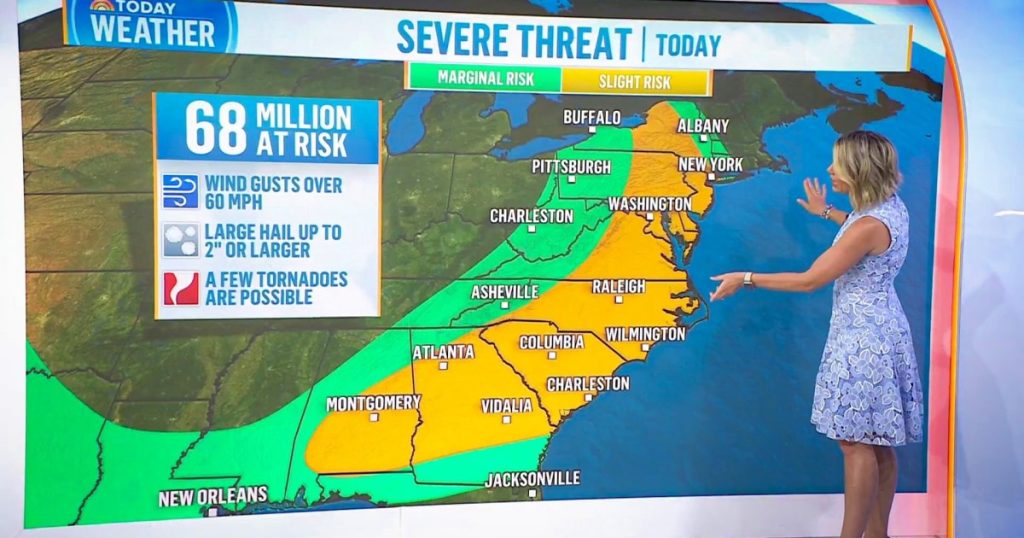The content discusses the impact of climate change on coral reefs and the importance of conservation efforts to protect these vulnerable ecosystems. Coral reefs are facing threats from rising sea temperatures, ocean acidification, and human activities such as overfishing and pollution. These stressors have led to coral bleaching, disease outbreaks, and loss of biodiversity in coral reef ecosystems around the world. Scientists predict that without immediate action, many coral reefs could disappear within the next few decades.
Conservation measures are essential to safeguarding coral reefs and preserving the valuable services they provide to marine ecosystems and human communities. Marine protected areas, sustainable fishing practices, and reducing carbon emissions are key strategies in protecting coral reefs. These efforts can help to maintain healthy coral populations, promote biodiversity, and provide economic benefits to local communities that rely on coral reefs for tourism and fisheries. Collaborative conservation efforts involving governments, scientists, and local stakeholders are crucial in ensuring the long-term sustainability of coral reef ecosystems.
In addition to direct conservation actions, raising awareness and educating the public about the importance of coral reefs is vital in promoting conservation efforts. Outreach programs, educational campaigns, and engaging the public in citizen science initiatives can help to increase public support for coral reef conservation. By fostering a sense of stewardship and responsibility for the environment, individuals can make a positive impact on coral reef conservation through their everyday choices and actions.
Climate change mitigation is also critical in protecting coral reefs from further degradation. Reducing greenhouse gas emissions and transitioning to renewable energy sources are essential in slowing the pace of global warming and ocean acidification. By addressing the root causes of climate change, we can help to mitigate the impacts of temperature rise and ocean acidification on coral reef ecosystems. Policymakers, businesses, and individuals all have a role to play in reducing carbon emissions and promoting sustainable practices to protect coral reefs.
While the outlook for coral reefs may seem bleak, there is still hope for their survival through concerted conservation efforts and global action on climate change. By working together to implement effective conservation measures, we can help to restore and protect coral reef ecosystems for future generations to enjoy. With the right policies, partnerships, and public support, we can ensure that coral reefs continue to thrive and provide crucial ecological services for marine life and human well-being.
In conclusion, the content emphasizes the urgent need for action to protect coral reefs from the impacts of climate change and human activities. Conservation efforts, public awareness campaigns, and climate change mitigation strategies are essential in preserving these valuable ecosystems. By working together to implement sustainable practices and policies, we can help to ensure the long-term health and resilience of coral reefs for future generations. It is up to all of us to take responsibility for protecting these vital ecosystems and ensuring their survival in the face of mounting threats.













